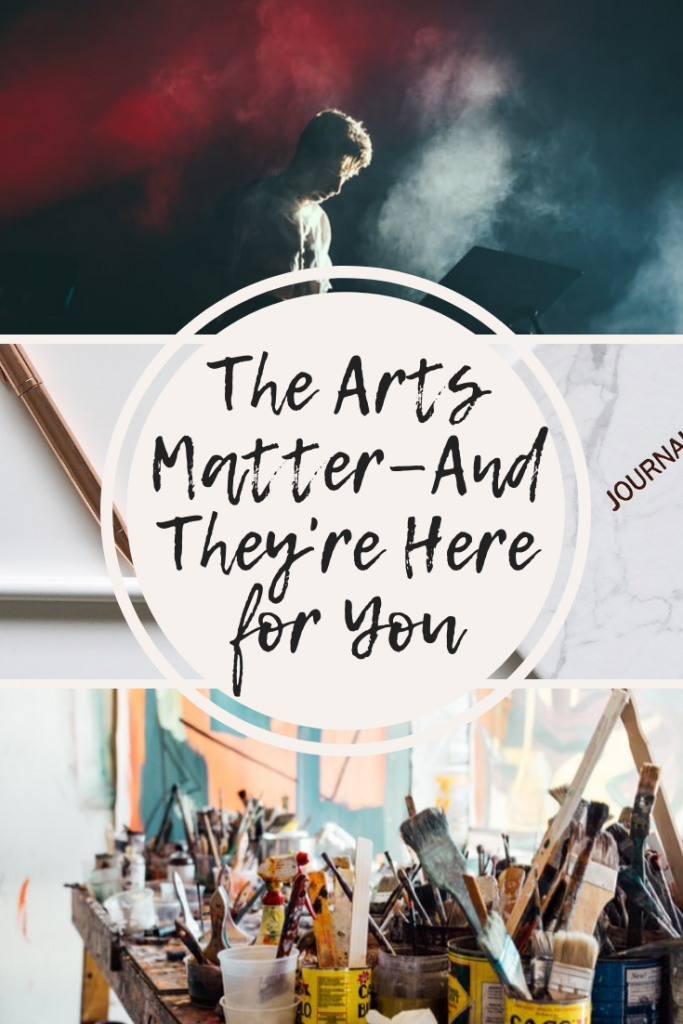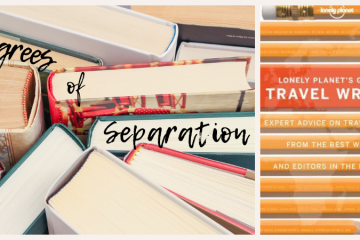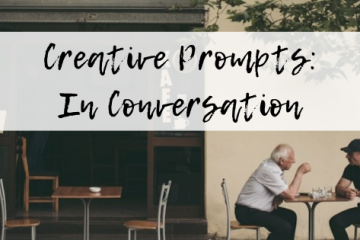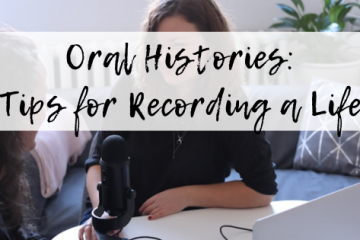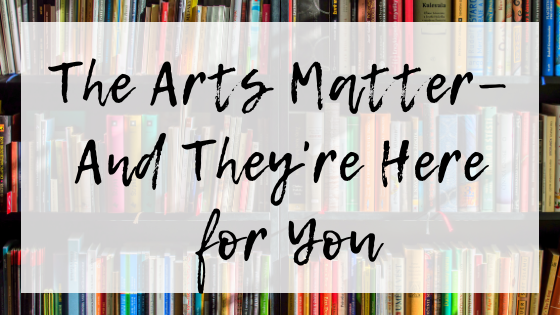
What are your plans for the hours, weeks or even months ahead, as you face more and more time within in the confines of your home?
For those of you about to embark on the homeschooling adventure, whether or not you chose it, who or what are you turning to for assistance to not only entertain but to educate? Or even just to wile away the school holidays now outings and trips are out of the question?
My guess is that it’s TV and movies. Music. Books. Art.
All those things that have, in the past, been seen as simply entertainment. Oftentimes, even at the highest level, the creative arts have been increasingly devalued. Trivial. Optional. Non-essential. Expendable. This is despite the growing body of research pointing to its contribution to our well-being.
Funding to the Arts has already been decreasing in recent years. Then in December 2019, the Federal Government announced the amalgamation of some departments, resulting in the scrapping of a dedicated Arts Department. If that wasn’t bad enough, the new super-department was renamed Department of Infrastructure, Transport. Regional Development and Communications.
That’s right. No mention of the Arts anywhere.
Not long before that, the University of Western Australia declared that publisher UWA Publishing would cease to exist in its current form. It was later given a six-month reprieve amid ongoing consultation; however, if it does eventually close Australian authors and stories will be the losers.
But it’s not just at a government and organisational level that the Arts are undervalued.
Some consumers think nothing of pirating a film or TV show, or illegally downloading the latest song they want to listen to but don’t want to pay for.
Authors, and I imagine artists in all sectors of the Arts, regularly receive requests to work for free, whether that’s writing an article for a national newspaper ‘because it will be good exposure’ or spending hours preparing a talk in exchange for a bottle of wine and the invitation to sell books.
That’s all well and good. Actually, no it’s not. As someone much better known than I once said, ‘You can die from exposure.’ It certainly doesn’t put food on the table or pay the electricity bill.
As for selling books, authors usually receive 10% of the book cover price. So, in the case of my book Many Hearts, One Voice, which retailed at $32.99 (let’s round it up to $33 for the sake of simpler maths), I would earn $3.30. A book bought at a chain store or an online store promising discounted prices, the royalty is even less. I’d need to sell at least 100 books at an event to earn anywhere near what the Australian Society of Authors (ASA) recommends. Consider, too, that a talk is not just the time you’re in front of an audience. It’s the hours of preparation each author puts in beforehand, the travel time, and the social interaction before and after the event.
Yes, at times, authors and other artists do choose to work for free, as evidenced by the volume of authors donating books, mentoring sessions, manuscript assessments and even dinners during the #AuthorsForFireys campaign during the recent bushfires.
This is despite the fact that on average, authors in Australia earn less than $13,000 per year from their writing.
And that was before we were asked to Stay Home (please do; as I wrote in a previous post, it’s not just about you).
Even without a full lock down, physical distancing rules mean that most authors have lost most, if not all, of their already meager incomes for the foreseeable future. Those with books due for release have lost their usual ways of launching them into the world.
The same goes for musicians and actors, as well as everyone behind the scenes. Producers, directors, film and sound crews, even front of house staff.
And yet, as I asked earlier, who or what will we turn to as we spend increasing amounts of time in our own homes?
Books. Music. Films. TV shows. Art.
It will be these things that help us through this tough time.
Yet many in the creative industries still want to contribute, even as they witness their income being slashed to zero.
Musicians like Keith Urban, Chris Martin and Jimmy Barnes have begun holding virtual concerts via social media, with hashtags such as #instaband and #togetherathome.
The West Australian Symphony Orchestra (WASO) has formed the West Australian Social Distancing Orchestra (WASDO).
The National Library of Australia (NLA) has created a digital classroom, with access to numerous resources all grouped into year levels.
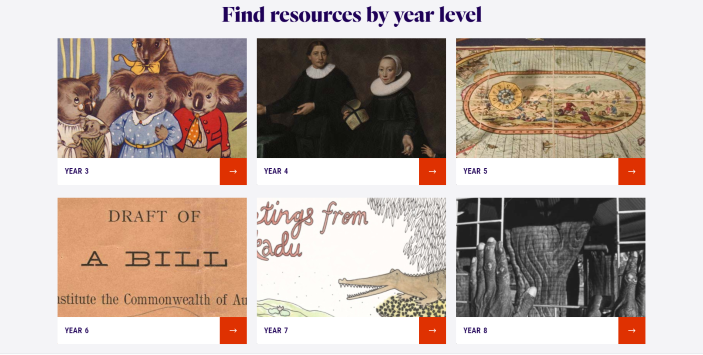
You can participate in virtual tours of museum and art galleries across the world.
Perhaps you’d like to explore an archive of historical children’s books, all digitised and free to read online (especially great if you’re a writer researching a particular time period).
Closer to (my) home, Westerly Magazine had already been working with the English Teachers Association of Western Australia to produce online teaching resources for secondary students. It was originally designed to accompany a school-held institutional subscription, but this resource is now being offered free to everyone, via Westerly‘s website, for the foreseeable future.
Bookshops have begun offering free delivery to their local areas, and Paper Bird Children’s Books and Arts in Fremantle has set up a YouTube channel, where they are live streaming each day at 10.30 am (WST) with visiting authors and illustrators. Here you can rewatch James Foley talking about his books and demonstrating how to illustrate.
Some authors, such as Josh Langley, are also setting up YouTube channels. You’ll find Josh reading excerpts from his books, all designed to help kids cope with what’s going on right now. Topics include building resilience, being different and dealing with loneliness.
https://www.youtube.com/watch?v=38it0c7_8kM
That’s just a small slice of what’s on offer right now.
So, how can you help?
Buy books, preferably from your local bookshop. Buy music. If you had a ticket to a concert or the theatre, consider donating the money instead of requesting a refund. And as more authors and artists adapt to the digital space, support their online events and webinars.
Or if money is just too tight right now because you too have lost your income, enjoy the support those in the Arts are currently offering. But when this is all over—and one day it will be—remember how integral the creative arts are to our lives.
The Arts are here for you. Please be there for them, too.
